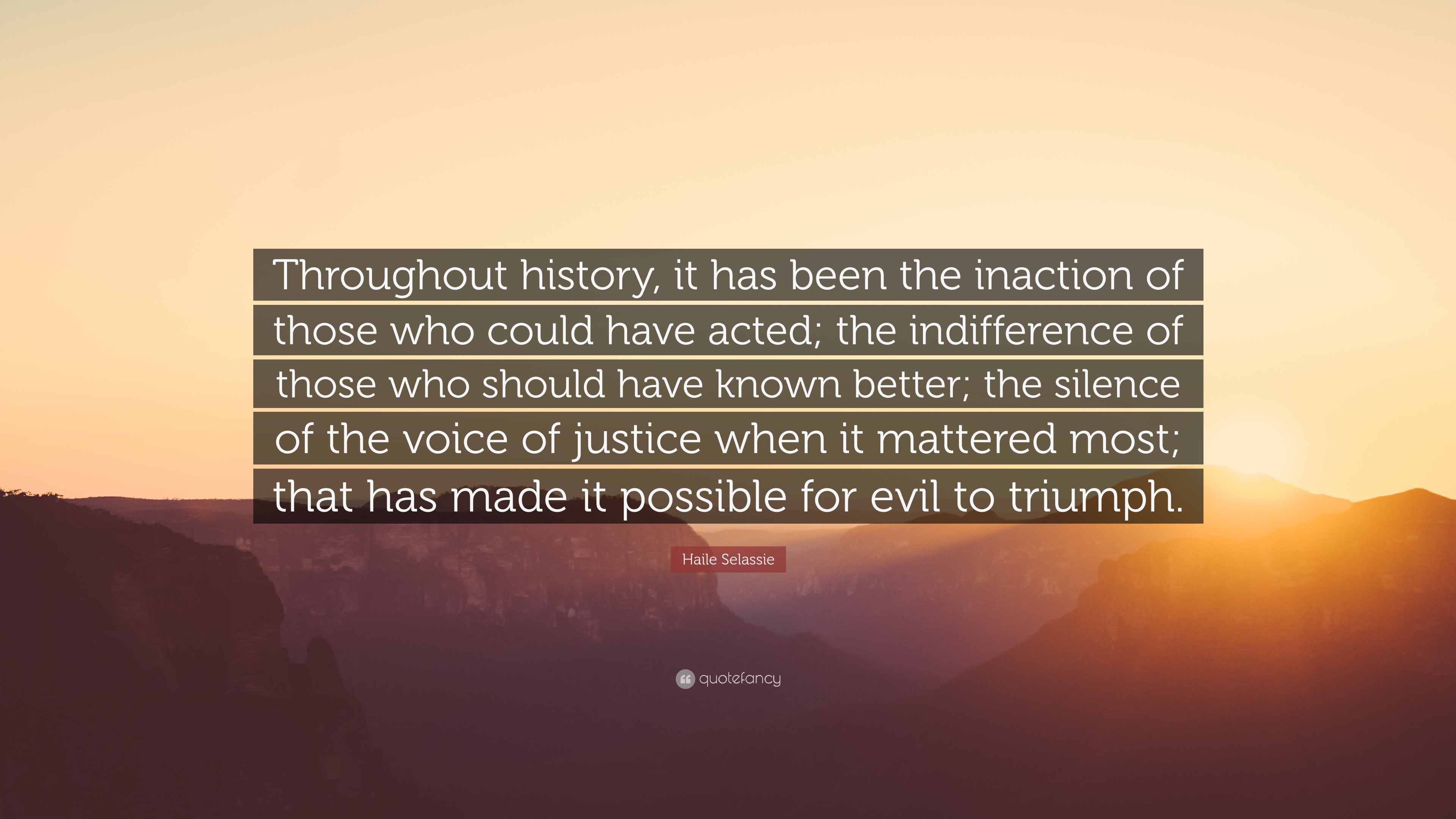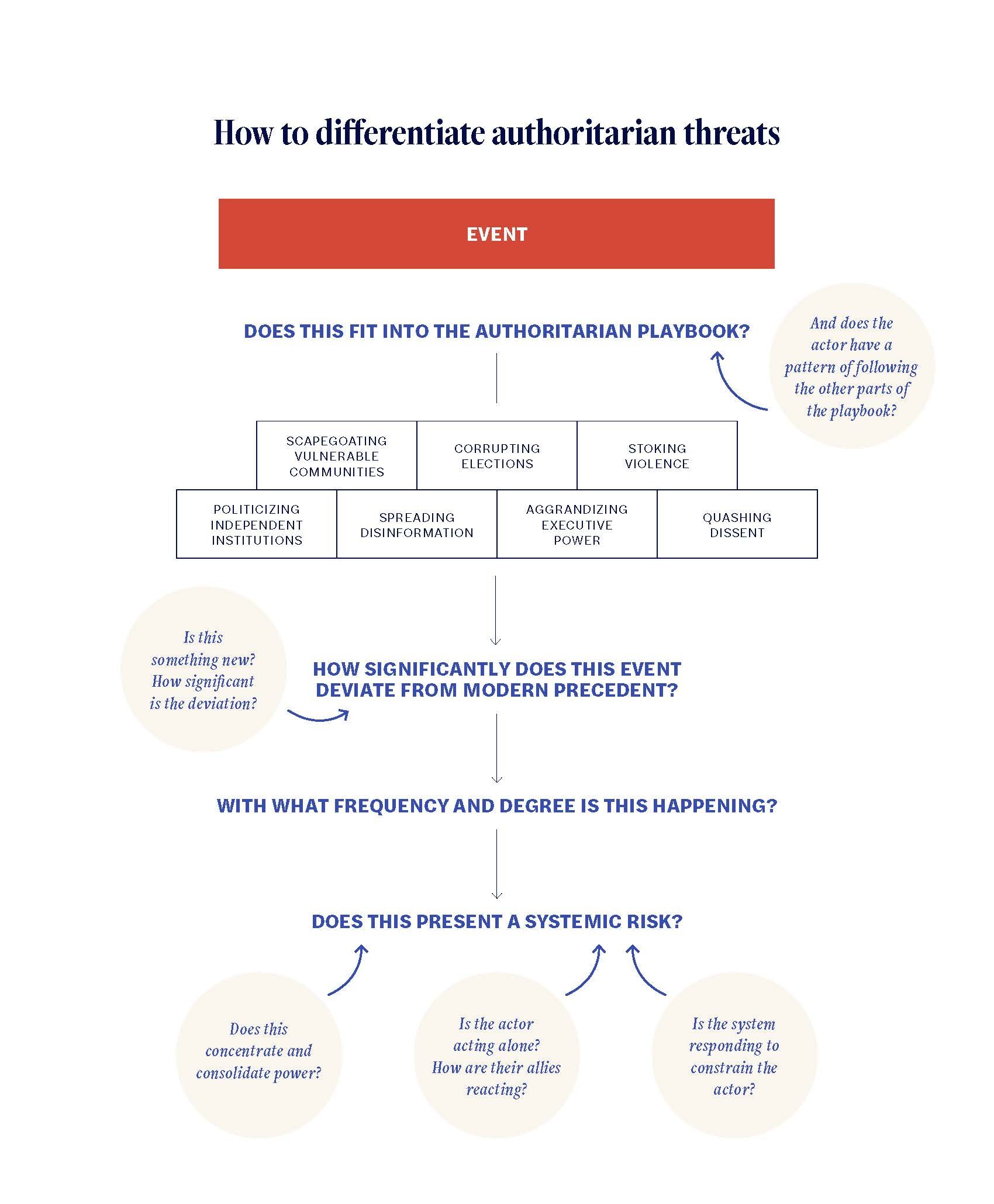Welcome to the land where freedom of speech hangs by a thread, and the media is about as independent as a toddler’s puppet show. In this article, we’ll dive into the murky waters of authoritarian regimes and explore how they navigate the treacherous terrain of controlling the narrative while trying to maintain a facade of media freedom. Grab your popcorn and brace yourself for a rollercoaster ride through censorship, propaganda, and the fine art of toeing the party line. Let’s see just how far these regimes will go to silence dissent and keep their citizens in the dark.
Overview of Authoritarian Regimes and Media Control
Authoritarian regimes are like that one friend who always insists on picking the restaurant and then gets upset when you don’t want to eat at their favorite place for the millionth time. They like to be in control, and that control extends to the media in their countries.
Media in authoritarian regimes is about as free as a caged bird with one wing tied behind its back. Everything from newspapers to television stations is tightly controlled by the government, who only want their own agenda and propaganda to be spread far and wide.
Journalists in these countries have to navigate a minefield of censorship and threats just to do their jobs. It’s like trying to walk on eggshells while wearing clown shoes – not an easy feat by any means. If they dare to speak out against the regime, they might as well start updating their resume and looking for a new career path.
So next time you complain about the biased news coverage in your country, just be glad you’re not living under the watchful eye of an authoritarian regime. At least you can still tweet about it without fear of being whisked away in the middle of the night. #freedomofspeech

History of Suppression of Freedom of Speech in Authoritarian Regimes
Throughout history, authoritarian regimes have employed various tactics to suppress freedom of speech in order to maintain control over their populations. Here are some of the most infamous methods used:
- Censorship: Authoritarian regimes are notorious for censoring and controlling the flow of information, often through strict regulations and government-controlled media outlets.
- Propaganda: Propaganda is a common tool used by authoritarian regimes to manipulate public opinion and stifle dissenting voices.
- Surveillance: Citizens living under authoritarian rule are often subjected to constant surveillance, both online and in the physical world, making it difficult to speak out against the government without fear of repercussion.
One of the most extreme examples of the suppression of freedom of speech in an authoritarian regime is the case of North Korea. The North Korean government has complete control over all aspects of media and censors any information that is deemed critical of the regime. Citizens who speak out against the government often face severe punishment, including imprisonment or even death.
Despite the many challenges faced by those living under authoritarian rule, there have been brave individuals who have risked their lives to speak out against suppression and fight for freedom of speech. These individuals serve as a reminder that the human desire for freedom and expression cannot be easily extinguished, even in the most oppressive of regimes.

Role of State-controlled Media in Promoting Authoritarian Regimes
When it comes to promoting authoritarian regimes, state-controlled media plays a crucial role in shaping the narrative and controlling the flow of information. In many cases, these media outlets are used as propaganda machines to manipulate public opinion and suppress dissent.
One of the key ways that state-controlled media promotes authoritarian regimes is by constantly praising the leadership and highlighting their achievements. Whether it’s through glowing reports of economic progress or touting the leader’s supposed popularity, these outlets work tirelessly to create a cult of personality around those in power.
Additionally, state-controlled media often demonizes opposition figures and dissenting voices, painting them as enemies of the state and threats to national security. By using fear-mongering tactics and spreading misinformation, these outlets help to silence any potential sources of opposition and maintain control over the population.
In summary, the cannot be overstated. By carefully crafting the narrative, suppressing dissent, and demonizing opposition, these outlets play a pivotal role in upholding oppressive regimes and maintaining power at all costs.

Impact of Censorship on Journalists and Media Outlets
Journalists and media outlets usually have a love-hate relationship with censorship. On one hand, censorship protects sensitive information from being leaked. On the other hand, it restricts journalists from reporting the news as it is. Here are some ways in which censorship impacts journalists and media outlets:
- Self-Censorship: Many journalists resort to self-censorship to avoid backlash from authorities. This means they often have to sugarcoat or completely avoid certain topics, which can hinder the authenticity of their reporting.
- Lack of Transparency: Censorship often leads to a lack of transparency in the media. Journalists are unable to report the full truth, leaving the public unaware of what is really going on in their society.
- Creative Solutions: Some journalists have found creative ways to skirt around censorship, such as using metaphors or analogies to convey their message. This, however, can lead to confusion among readers who may not understand the hidden meaning behind the words.
Overall, censorship has a significant impact on journalists and media outlets. It restricts their freedom of speech and creativity, leading to a society that is deprived of important information. While censorship may have its benefits, it is essential to find a balance that allows journalists to do their job without fear of repercussions.

Challenges Faced by Independent Media in Authoritarian Regimes
In authoritarian regimes, independent media faces a myriad of challenges that can make their work feel like navigating a minefield. From censorship to intimidation tactics, these media outlets have to constantly be on their toes to ensure they can continue to report the truth.
One major challenge faced by independent media in authoritarian regimes is censorship. The government often controls what can be published or broadcasted, leaving journalists walking a fine line between telling the truth and facing repercussions. It’s like trying to play a game of “The Floor is Lava,” except instead of lava, it’s the government breathing down your neck.
Another obstacle independent media must contend with is intimidation tactics. Journalists may face threats of violence, harassment, or even imprisonment if they dare to speak out against the regime. It’s as if the government is the big, bad bully on the playground, and independent media are the scrappy underdogs trying to stand up to them.
Despite these challenges, independent media in authoritarian regimes bravely continue to do their jobs, shining a light on the dark corners the regime would rather keep hidden. Their resilience and determination serve as a beacon of hope in an otherwise bleak landscape.
International Response to Media Repression in Authoritarian Regimes
Governments around the world have reacted to media repression in authoritarian regimes in a variety of ways. Some have issued statements condemning the actions of these oppressive regimes, while others have taken more concrete steps to address the issue. Here are a few examples of the international response:
- United Nations: The UN has called for an end to media repression in authoritarian regimes, citing the importance of freedom of the press in a democratic society. However, critics argue that the organization’s toothless resolutions do little to actually address the problem.
- European Union: The EU has imposed sanctions on some authoritarian regimes that have cracked down on journalists and suppressed freedom of speech. However, some member states have been accused of turning a blind eye to human rights abuses in order to protect their economic interests.
- United States: The US has used its diplomatic power to pressure authoritarian regimes to respect freedom of the press. However, critics point to the US’ own history of media repression, such as the surveillance programs revealed by Edward Snowden.
Overall, the has been mixed, with some countries taking bold action while others offer little more than lip service. As the fight for press freedom continues, it remains to be seen whether these efforts will be enough to protect journalists and safeguard the free flow of information.
FAQs
Why do authoritarian regimes often restrict freedom of speech in the media?
Well, it’s simple really. Authoritarian leaders are just big fans of monopoly, but instead of playing the board game, they prefer to hold all the power in their country. By controlling the media and limiting freedom of speech, they can ensure that only their version of reality is broadcast to the masses. Plus, who needs pesky journalists digging up dirt on them when they can just dictate the news themselves?
How do authoritarian regimes try to suppress dissenting voices in the media?
Oh, they’ve got quite the bag of tricks up their sleeves. From shutting down independent newspapers and censoring online content to arresting journalists who dare to speak out against them, authoritarian regimes will stop at nothing to silence those who oppose them. It’s like a game of Whack-a-Mole, but instead of cute little rodents, it’s journalists who are getting squashed.
Can journalists still work in authoritarian regimes without facing repercussions?
Sure, they can work in authoritarian regimes – if they want to constantly fear for their safety and freedom, that is. Journalists who dare to challenge the status quo in these countries often face harassment, surveillance, and even imprisonment. It’s like a game of cat and mouse, except the cat has a whole army of enforcers at their disposal.
How does the lack of media freedom impact the people living under authoritarian regimes?
Imagine living in a world where the only news you hear is carefully curated by those in power. It’s like living in the Truman Show, but without the happy ending. Without access to diverse viewpoints and critical journalism, people in authoritarian regimes are left in the dark about what’s really happening in their own country. It’s like trying to piece together a puzzle with half the pieces missing – frustrating and ultimately futile.
—
In conclusion: Speak now, or forever hold your peace
And so, dear readers, we come to the end of our exploration into the murky waters of authoritarian regimes, media manipulation, and the suppression of free speech. It’s been a wild ride, full of twists, turns, and more propaganda than you can shake a stick at.
But fear not, for as long as there are brave souls willing to speak out against injustice, tyranny, and bad hair days, there will always be hope for a brighter tomorrow. So remember, speak your mind, question authority, and never underestimate the power of a well-timed meme.
Until next time, may the pen be mightier than the sword, and may your Wi-Fi connection always be strong. Stay safe, stay informed, and above all, stay sassy. Cheers! ✌️📚🖋️






